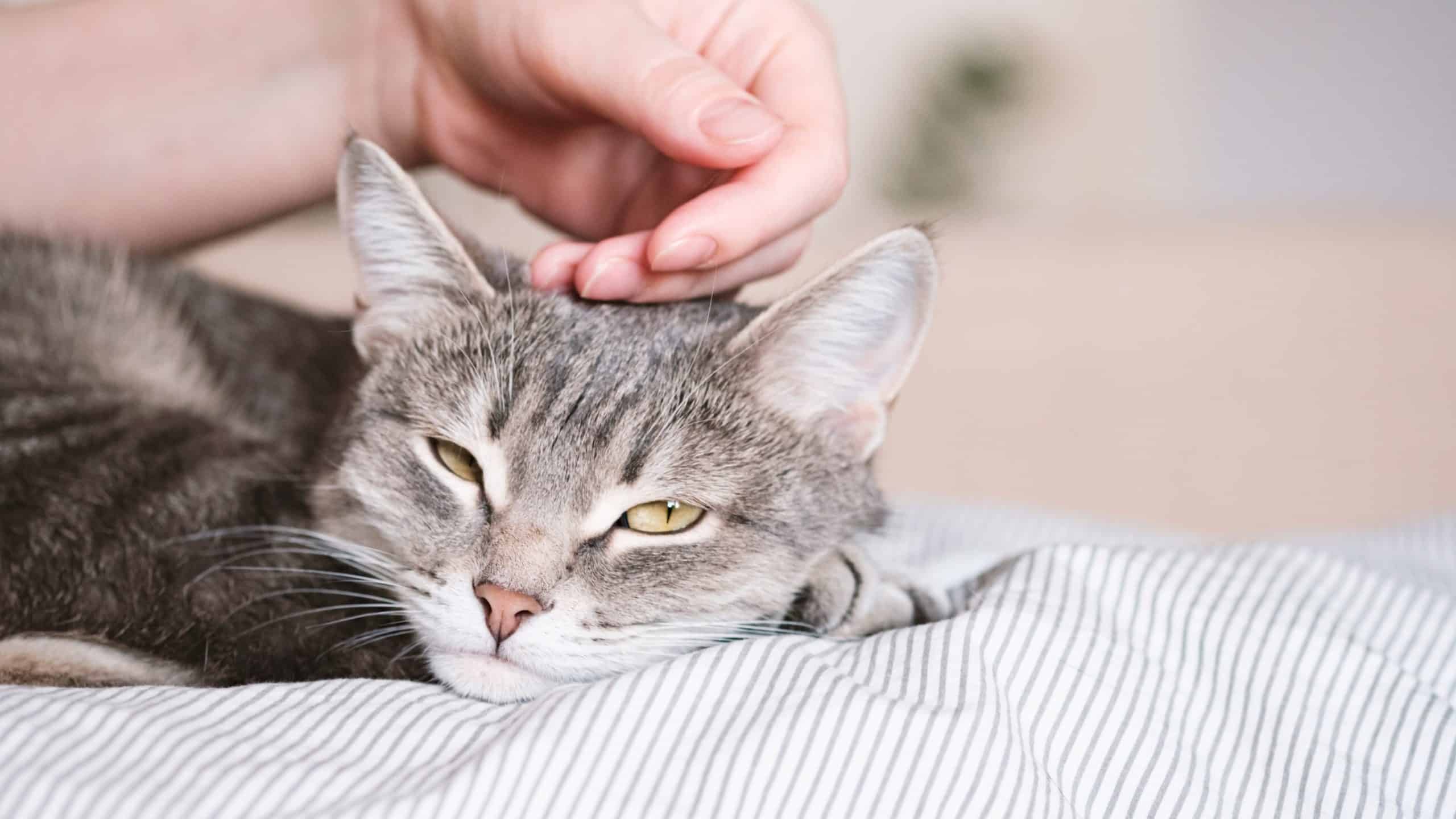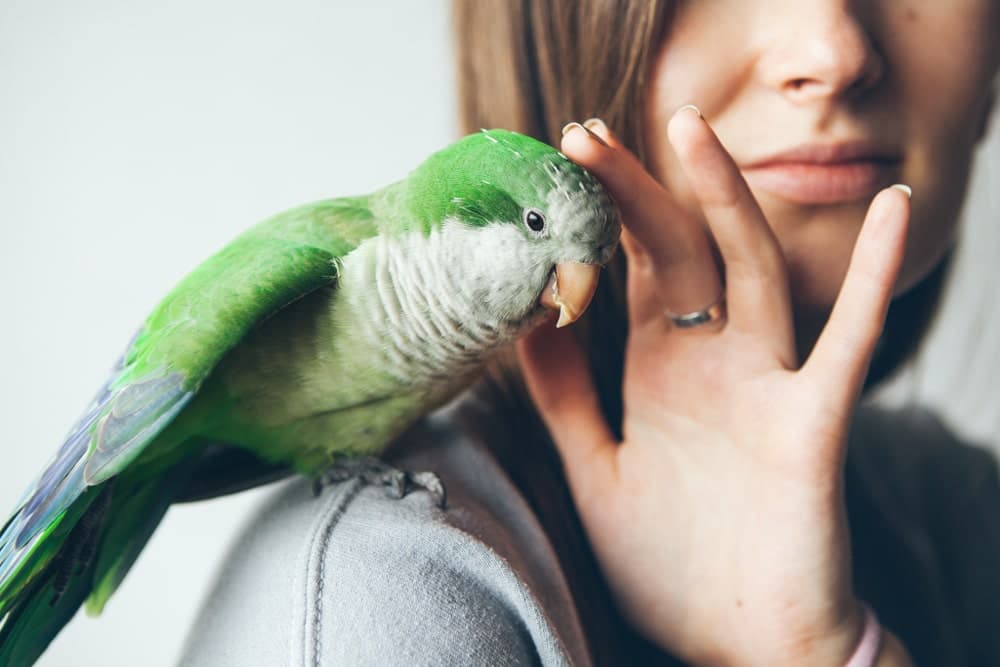Owning an exotic pet can be a unique experience, but just like a cat or dog, exotic animals can face unexpected health issues that require veterinary care. Exotic pet insurance offers support for your exotic animal’s medical treatment, helping to alleviate the financial burden.
What does exotic pet insurance in Australia cover?
Exotic pet insurance is a specialised form of coverage tailored to the unique health needs of non-traditional animal companions, such as birds, lizards and rabbits. Having exotic pet insurance can prepare you for unexpected medical expenses and provide coverage for different aspects of your pet’s care. Cover may include:
- Veterinary fees: covers costs for treating injuries and illnesses.
- Specialist costs: assists with costs for treatment from a specialist veterinarian.
- Diagnostic tests: covers expenses for certain diagnostic tests.
- Dental care: for example, dental check-ups, cleaning and treatments.
- Advertising and reward expenses: covers advertising costs and rewards if your exotic pet is lost or stolen.
- Third-party liability: covers compensation and legal expenses if your pet causes damage or injury.
Are there any limitations or exclusions on exotic pet insurance?
When considering exotic pet insurance, it’s crucial to be aware of any potential limitations in cover. Exotic pets have unique needs and circumstances that can impact their insurance coverage. Here are key considerations to keep in mind:
- Pre-existing conditions: pet insurance policies often do not cover health issues your pet had before the policy’s start date.
- Age limits: insurance for exotic pets may have age restrictions.
- Waiting periods: the waiting period is a set amount of time that must pass before coverage becomes active for specific conditions or treatments.
- Location-specific coverage: your location within Australia can impact your exotic pet’s insurability. Certain regions have restrictions on keeping specific animals as pets – for example, in Queensland you cannot keep rabbits as pets.
- Annual limits and benefit percentage: most insurance policies come with annual coverage caps and may only reimburse a percentage of eligible expenses for your pet’s medical care.
- Excess: this is the predetermined amount you need to pay per claim before insurance coverage kicks in.
- Limited availability: the unique nature of exotic pets means insurance options may be limited.
The types of pet insurance

This is the most basic type of pet insurance, covering costs for accidental injuries such as car accidents, poisoning, burns, fractures, snake and spider bites, but not illnesses and other conditions.

This type of insurance provides cover for accidental injuries as well as illnesses like cancer, gastrointestinal problems and eye, ear and skin conditions, but not routine care for your pet.

This offers the highest level of protection cover accident and illness and potentially routine care such as vaccinations, dental care, worm and flea treatments and microchipping.
Why compare pet insurance through Savvy?
Out comparison service is free to use, providing you with a range of pet insurance quotes at no cost.
You'll be able to compare offers online side by side in a matter of minutes before you buy.
We've partnered with a range of pet insurers to give you more choice when selecting a policy.
Top tips for saving on your exotic pet insurance
Frequently asked questions about exotic pet insurance
Yes – while you can easily take out insurance for most cat and dog breeds, options for other animals are limited. Furthermore, there may be national or regional restrictions on the ownership of certain animals – for example, you cannot own ferrets in Queensland.
Many pet insurance policies allow you your choice of veterinarian. However, it is important to confirm that your chosen vet is qualified and experienced in treating your specific exotic pet species. Exotic pets have unique medical needs that might differ from those of traditional pets, and finding a vet with specialised knowledge can support your pet’s well-being.
Yes – many insurance providers offer the option to insure multiple animals under the same policy. Doing so can result in cost savings, as well as help you manage your coverage.
Whether exotic pet insurance is worth it depends on various factors, including the type of exotic pet you have, potential health risks, your pet’s specific needs and your budget. Exotic pets can face unique health challenges, and having insurance can provide financial peace of mind in case of unexpected medical expenses.
